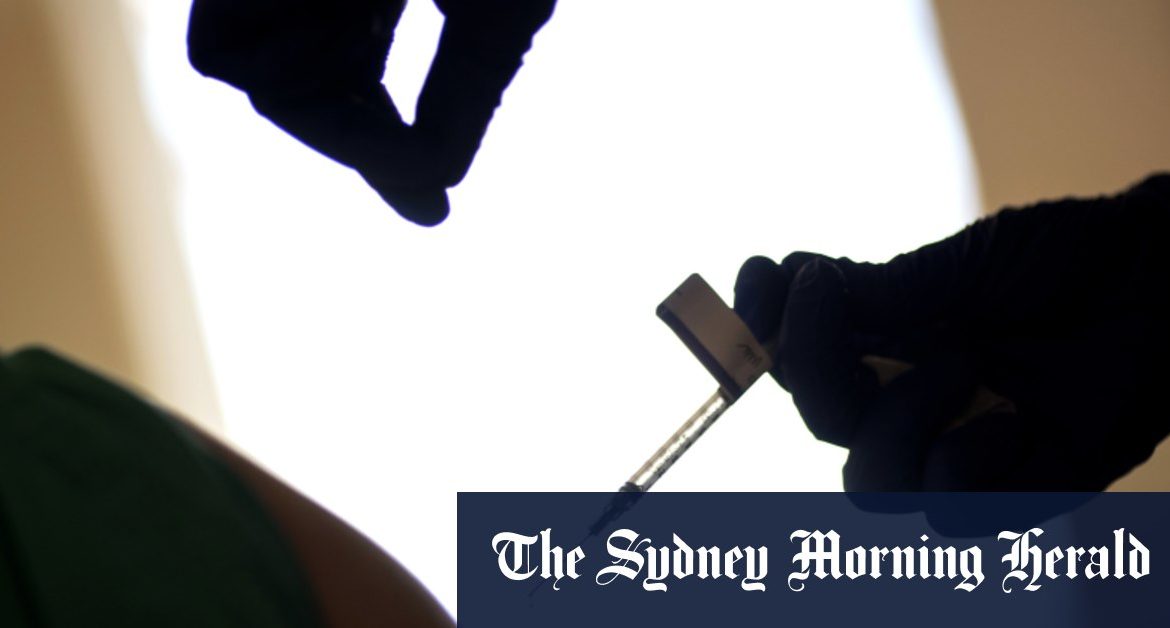It was not immediately clear if either or both attended an event on Monday at which members of the Vatican’s central administration, known as the Curia, exchanged Christmas greetings with the pope. There was no official Vatican confirmation of the two cardinals’ test results.
The Congregation for the Doctrine of the Faith, the Vatican’s watchdog office for doctrinal orthodoxy, said it had received several requests for “guidance” during recent months on condoning newly approves vaccines.
Drawing on Vatican pronouncements in past years about developing vaccines prepared from cells derived from aborted fetuses, the watchdog office’s statement was examined by Pope Francis, who ordered it to be made public.
The Catholic Church’s teaching says that abortion is a grave sin.
The Vatican concluded that “it is morally acceptable to receive COVID-19 vaccines that have used cell lines from aborted fetuses” in the research and production process when “ethically irreproachable” vaccines aren’t available to the public. But it stressed that the “licit” uses of such vaccines “does not and should not in any way imply that there is a moral endorsement of the use of cell lines proceeding from aborted fetuses”.
The Vatican didn’t name any of the COVID-19 vaccines already being given to people in some countries or authorised to be used soon.
Pope Francis embraces the child of a Vatican employee in the Paul VI hall , Monday, Dec. 21, 2020. Credit:AP
In its statement, the Vatican explained that obtaining vaccines that do not pose an ethical dilemma is not always possible. It cited circumstances in countries “where vaccines without ethical problems are not made available to physicians and patients” or where special storage or transport conditions make their distribution more difficult.
Much of the Vatican’s pronouncement had echoes in a statement last week by officials of the U.S. Conference of Catholic Bishops. The US conference officials said that “in view of the gravity of the current pandemic and the lack of availability of alternative vaccines,” receiving the vaccines being distributed in the United States is justified “despite their remote connection to morally compromised cell lines”.
The Vatican, in reassuring faithful Catholics that getting a COVID-19 vaccine would not violate the church’s moral teaching, noted that “health authorities do not allow citizens to choose the vaccine with which to be inoculated”. Given such circumstances, it is morally acceptable to receive vaccines that have used cell lines from aborted fetuses, the Vatican said.
The Vatican hasn’t said if and when Francis would be vaccinated against the coronavirus. The 84-year-old pontiff has a pilgrimage to Iraq planned for early March, and it’s widely expected that he and the aides accompanying him would get vaccinated ahead of travel abroad.
Loading
The Roman Catholic church’s doctrinal orthodoxy office said “vaccination is not, as a rule, a moral obligation” and must be voluntary. Still, it said, from an ethical point of view, “the morality of vaccination depends not only on the duty to protect one’s own health but also on the duty to pursue the common good.”
Those for reasons of conscience opting not to receive vaccinations produced by cell lines from aborted fetuses, “must do their utmost to avoid,” by appropriate behaviour and preventive means, becoming “vehicles” for transmission, the Vatican’s doctrinal office said.
With coronavirus numbers and deaths still rising in Italy, the nation with the highest COVID-19 toll in Europe, Pope Francis plans to read his Christmas message from inside the Vatican instead of from the outdoor central balcony of Saint Peter’s Basilica because of new coronavirus restrictions in Italy.
The restrictions mean people will not be able to go to Saint Peter’s Square for the Christmas message and papal events will be live-streamed.
Italians will be placed under a nationwide lockdown for much of the Christmas and New Year holidays. Non-essential shops will be shuttered between December 24 and December 27, and then again on December 31 to January 3 and January 5 to January 6.
The pope’s Christmas Eve Mass will start at 7.30pm, two hours earlier than usual, to allow the limited number of people who can attend to be home by a 10pmcurfew.
Reuters
Most Viewed in World
Loading







